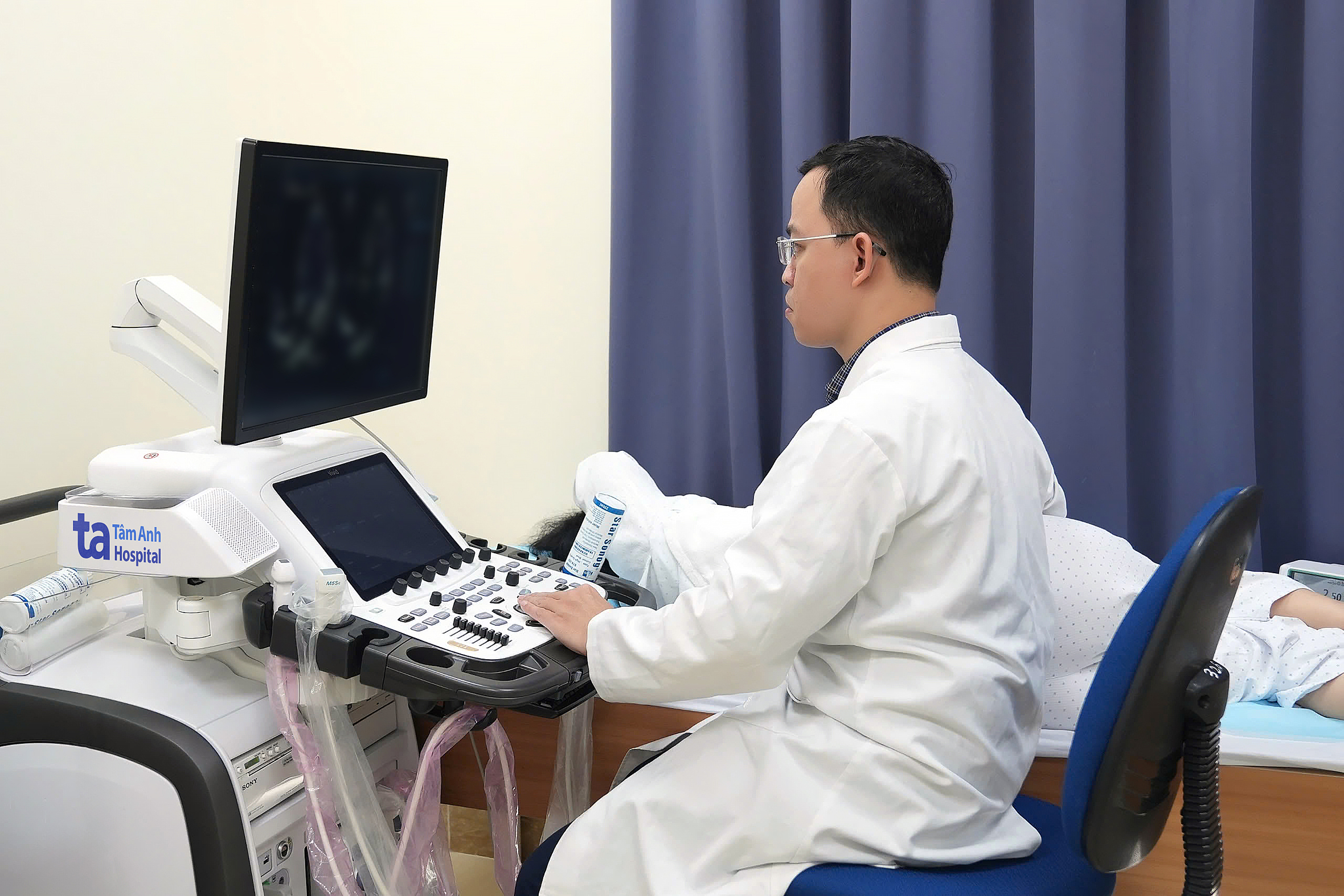Dr. Nguyen Tuan Long, from the cardiology department of Tam Anh General Hospital in Hanoi, explains that the nervous system controls heart rate and blood pressure. If the nervous system is disrupted due to prolonged stress, anxiety, insomnia, depression, or psychological shock, it can cause an imbalance in cardiovascular regulation. Typical symptoms of cardiac neurosis include palpitations, rapid heartbeat, and irregular heartbeat without a clear cause. Many people also notice unusually strong heartbeats at night, as they're preparing to sleep. This is more likely to occur when standing for long periods, sitting still, in hot weather, holding urine, drinking little water, or changing positions suddenly, causing the blood vessels to struggle to regulate, leading to dizziness, lightheadedness, and fainting.
Before fainting, patients often experience warning signs such as nausea, cold sweats, pale skin, stomach upset, tinnitus, and mild headaches. This is the nervous system's self-regulating reflex when the brain, heart, and blood vessels simultaneously reduce activity. Some individuals may faint for a few seconds to a few minutes but recover quickly without needing resuscitation. This phenomenon is caused by a temporary reduction in blood flow to the brain due to sudden blood vessel constriction, differing from a heart attack as it's not accompanied by chest pain or shortness of breath.
After fainting or experiencing palpitations, patients often feel tired and weak but have no heart muscle damage. Test results like electrocardiograms (ECGs), cardiac enzyme levels, and echocardiograms are all within normal limits, helping doctors rule out heart disease and suspect cardiac neurosis.
 |
Dr. Long examining a patient. Photo: Tam Anh General Hospital |
Dr. Long examining a patient. Photo: Tam Anh General Hospital
According to Dr. Long, when symptoms of cardiac neurosis appear, patients need to respond correctly to avoid danger. First, quickly sit or lie down in a safe place, avoiding further movement or prolonged standing as this can lead to falls. Then, drink some cool water, breathe deeply, and relax to help stabilize heart rate and blood pressure. Avoid trying to walk or engage in strenuous activity until the body feels truly alert and comfortable again. If these symptoms recur frequently or worsen, patients should seek medical attention.
While not immediately life-threatening, cardiac neurosis significantly impacts quality of life, causing anxiety, insomnia, and reduced work capacity. If not well-managed, the prolonged stress from autonomic nervous system dysfunction indirectly affects the cardiovascular system, increasing blood pressure and accelerating atherosclerosis.
Currently, the treatment for cardiac neurosis primarily focuses on lifestyle changes. Dr. Long recommends patients get enough sleep at regular hours, drink plenty of water daily, and limit stimulants like coffee, strong tea, and alcohol. He also suggests engaging in light exercise, relaxation techniques, and deep breathing to reduce stress and help stabilize the nervous system. If symptoms cause a sudden drop in blood pressure, doctors may prescribe medication to regulate heart rate or adjust blood pressure as appropriate.
Ly Nguyen
| Readers can submit questions about cardiovascular diseases here for doctors to answer. |












